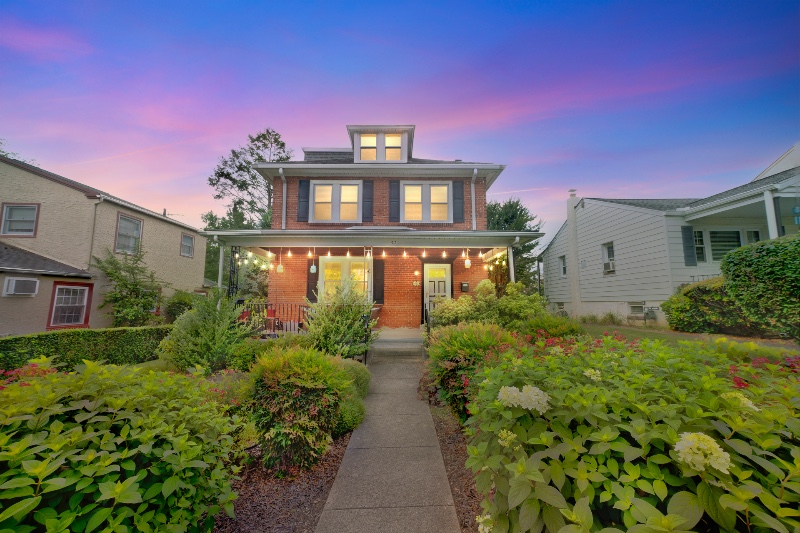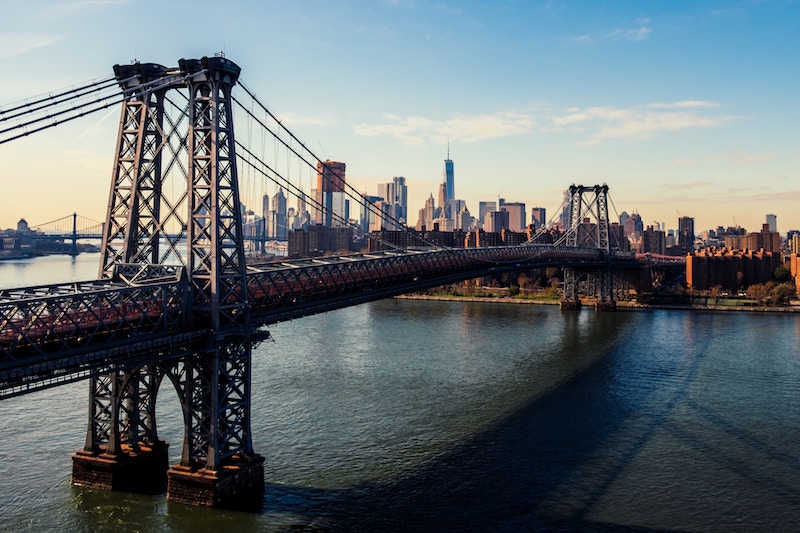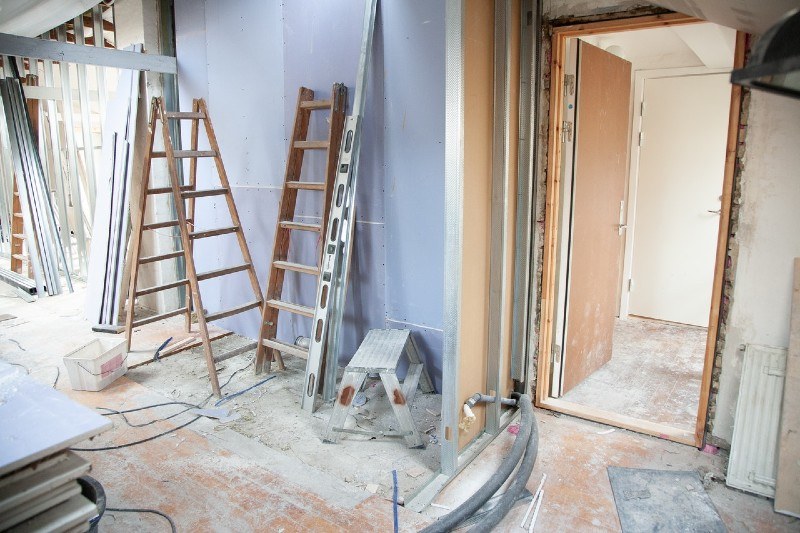Philadelphia has long been called the city of Brotherly Love, and it's easy to see why thousands of people are moving here every year. It's the sixth largest city (by population) in the U.S., yet a strong sense of community and neighborhood pride keeps Philadelphia feeling like a much more intimate size.
As one of America's oldest cities, Philadelphia is full of history and is the site of many U.S. landmarks, including the Liberty Bell and Independence Hall. It has its own unique foods (cheesesteak), words (jawn!) and traditions (see: the Mummers Parade).
What else is important to know about Philadelphia, if you plan on moving here?
1. Buying a Home Here Pays Off
Philadelphia is a great investment city. Unlike many major cities, it’s still possible to find an affordable house without leaving the city limits. The average home price in Washington, DC right now has surpassed $675,000 - compare that to Philadelphia’s $290,000. Philadelphia is both affordable and a great investment opportunity because real estate continues to appreciate year after year. According to Zillow, home prices are expected to go up 8% next year, continuing an upward trend.
Contributing to the city’s appeal: it’s one of the closest metropolitan areas to NYC, yet the cost of living is 57% lower - and housing costs, in particular, are 79% lower on average. Every year, thousands of NY residents move to Philadelphia, seeking a better work/life balance without giving up urban access.
2. An Easy City to Maneuver Around
Philadelphia has an extensive public transportation system (SEPTA) that stands out in comparison to many of the nation’s other largest cities. A combination of subway, bus, trams and regional trains ensure that even commuters living in the suburbs can have a direct route into work each day. Check out Philadelphia public transportation’s website: SEPTA.org for more info.
Not only is it easy to walk to the main business district from numerous neighborhoods, but services like Uber and Lyft are also relatively affordable. And for two-wheeled residents: Philadelphia is one of the nation’s most bike-friendly metropolises.
3. Philadelphia City Taxes
Taxes can make a big difference when it comes to budgeting in a big city, and there’s a few important numbers to know for Philadelphia.
- First, homeowners will be taxed 1.3998% of the assessed property value (this is a combination of city tax and school district tax)
- There is a property transfer tax of 4.278% of the sale price or assessed value. This is normally split between the buyer and seller - through not always
- Employees who live and work in Philadelphia must pay a city wage tax of 3.8712% on their income (3.5019% for non-residents)
While per capita taxing is fairly high in Philadelphia compared to other cities, the cost of living is often lower, ensuring that it is still a very affordable place to live.
How to Cut Costs
Philadelphia residents can apply for the homestead exemption, which reduces the taxable value of their property by $45,000.
4. Philadelphia Neighborhoods are Community-Oriented
Philadelphia is known for its close-knit communities, and that’s in part because people have strong loyalties to their neighborhoods. There’s a total of 55 neighborhoods in Philadelphia, with more in the surrounding areas, and each one has a distinctive flavor. Some neighborhoods right next to each other, in fact, can have quite different vibes - so it pays to get to know a bit about each one.
If you’re new to the area, let your real estate agent know what sort of lifestyle you have and what you’re looking for - do you like a hipster-esque neighborhood with a lively nightlife, like Fishtown? Or are you interested in having quick access to local parks in a more established, family-friendly neighborhood, like East Falls? Your agent can help you identify which neighborhoods in Philadelphia would be the best match for your needs.
5. Philadelphia is a Haven for Foodies
More than half of Americans now consider themselves foodies, and Philadelphia’s extensive restaurant scene leaves little room for dissatisfaction. Our neighborhood guide for foodies covers several of the most hip areas for exclusive bistros and exceptional experimental fare, but amazing finds can be found in truly every neighborhood.
- Restaurant week is much beloved: every year the city’s top restaurants offer multi-course, $35 dinners.
- Because liquor licenses can be hard to obtain, many restaurants in Philadelphia are BYOB and cork-fee free - bring your favorite bottle of Merlot for sipping while you dine.
- Philadelphia is known for its cheesesteaks and pretzels, which definitely need to be sampled. But it’s also home to a variety of local markets, such as the Reading Terminal Market, which has been operating since 1893. The market is home to a variety of unique ethnic foods, and includes numerous Amish vendors.
6. Philadelphia is a Historic City... with Historic-aged Homes
As Philadelphia is an older city, many of the homes are older as well. This can be both good and bad. There’s beautiful architecture to be found in every neighborhood, including breathtaking stone exteriors and beautiful “gingerbread” Victorian-era homes.
However, many older homes have plumbing, electrical, and/or roofing issues. In fact, one thing Philadelphia home buyers need to look out for is knob and tube wiring - this early method of electrical wiring was used in homes built from the 1880s to the 1930s. Nowadays, this wiring represents a safety hazard and will hike your insurance rates up dramatically.
It’s important to have an experienced local Realtor on hand for reasons like this - they’ll be able to point out any issues before the sale, ensuring that the seller either fixes them or deducts from the sale price to compensate.
So: Are You Planning on Moving to Philly?
If you're looking for a city to relocate to, Philadelphia has everything you need - fun, food, and affordability to boot.
For Further Reading



